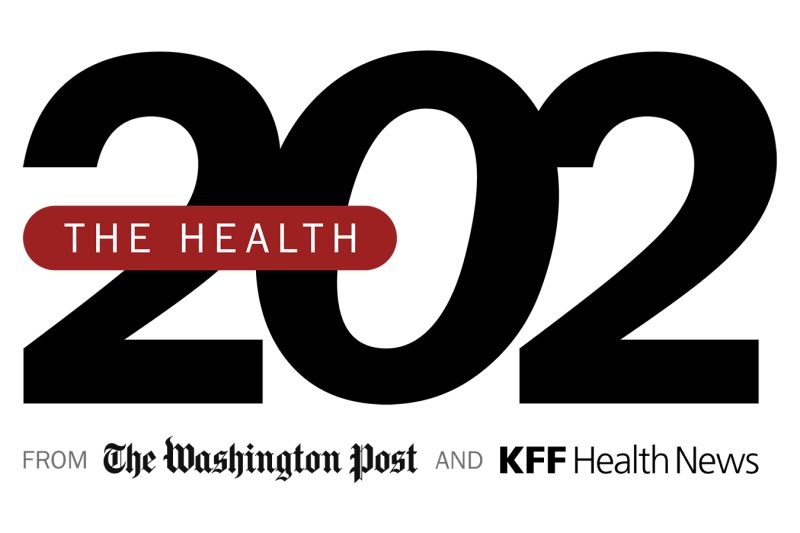The Supreme Court Confronts a Public Health Challenge: Homeless Encampments

Homelessness is a soaring public health crisis, with a record 653,000 unhoused people in the United States, according to federal estimates. Tent and recreational vehicle encampments have exploded in recent years, crowding streets and sidewalks from Portland, Ore., to New York. In California, where roughly a third of all the nation’s homeless people live, doctors are scheduling appointments at encampments to treat widespread chronic disease, rampant drug abuse and mental illness — health conditions that worsen with homelessness.
In April, the U.S. Supreme Court will delve into an issue central to the plight of those living in homeless encampments: whether they can be fined or slapped with criminal charges for living or sleeping outdoors when there’s no shelter or housing available.
The situation on the streets is causing major political upheaval. In California, Gov. Gavin Newsom (D) is plowing $750 million into clearing encampments — with the elusive promise of shelter — while homeless advocates fight to stop it. But it’s a small city in Oregon called Grants Pass that took the battle to the Supreme Court.
City of Grants Pass v. Johnson centers on whether it’s cruel and unusual punishment to impose fines and criminal citations for camping or sleeping outside, which is against the law in many cities. Some homeless advocates fear the court’s conservative majority will give carte blanche to state and local officials to sweep encampments in the name of public health and safety.
Newsom is asking California voters to approve a $6.4 billion bond to create thousands of new homeless housing units and behavioral health treatment beds to get people off the streets. But he argued in an amicus brief that clearing encampments should be allowed and that it can help provide services to unhoused people living in “inhumane conditions,” he said. “The courts have tied the hands of state and local governments.”
He and other public officials also argue that encampments harm public health; a 2016-2018 outbreak of hepatitis A in San Diego linked to homelessness resulted in nearly 600 infections and 20 deaths.
Yet a growing body of evidence suggests sweeps can worsen the health of people in encampments while causing turmoil in their lives and for the people trying to care for them — potentially costing taxpayer-funded Medicaid programs even more money.
A study published last year in JAMA also found that displacing homeless people from encampments can lead to higher hospitalizations — raising health-care costs — and cause serious infections and early death.
“Sweeps prolong homelessness — you can make them disappear from this corner or that corner, but they’re just going to appear somewhere else,” said Eric Tars, senior policy director for the National Homelessness Law Center. “If you want to follow public health approaches, what we need to be doing is getting more people into housing, which evidence shows improves health.”
Sweeps also hurt fragile relationships between homeless people and their caregivers.
“A lot of people on the streets with mental illness live with the fear that anyone who’s trying to help them might get them hospitalized against their will or put in jail,” said Hannah Wesolowski, chief advocacy officer for the National Alliance on Mental Illness. “So when encampments are being cleared by law enforcement, it totally upends people’s lives and violates that trust in a way that they’re going to be more resistant to help.”
But with housed Americans in both parties clamoring for their streets to be safer and cleaner, the health concerns of homeless people aren’t always a priority for politicians.
This article is not available for syndication due to republishing restrictions. If you have questions about the availability of this or other content for republication, please contact NewsWeb@kff.org.








